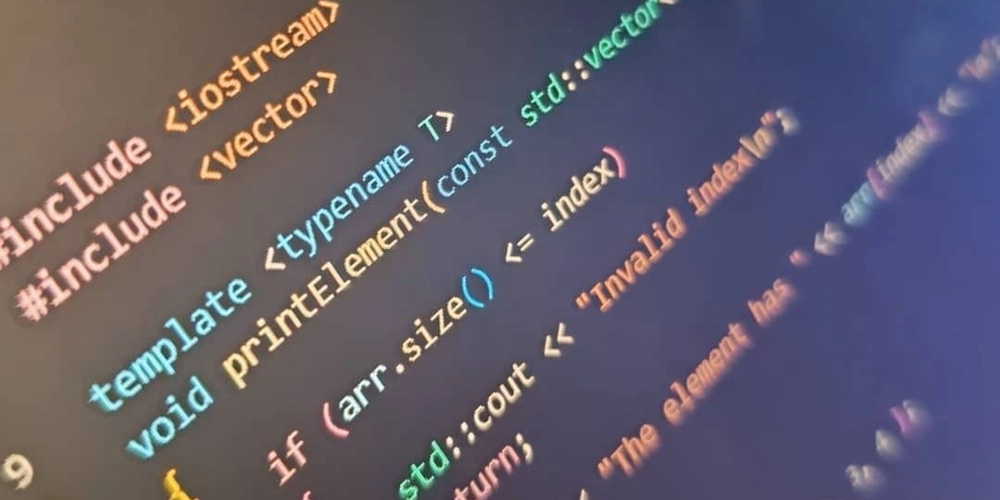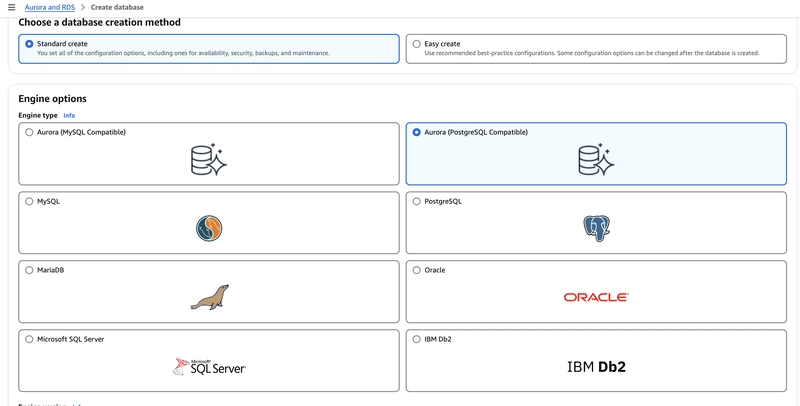Types::string
I have never really understood the argument for strict typing. We store everything away as bits anyway - so why do we have type keepers? The Raw truth: Instructions are recognized by the computer in bits, Data are stored in the computer in bytes, which are the smallest addressable memory(8 bits). Languages have different methods of managing data for safety and efficiency. The Allure of Dynamic Typing Developers love dynamic languages like Python as they increase their **expressivity **with its seductive duck typing. x = "foo" # a string y = 700 # now an int - no compiler to appease Static Languages Embracing Dynamism Even static languages have embraced controlled dynamism over the years: C++ (2017): introduced std::any and std::variant C# (2009): C#4.0 added dynamic and dynamic language runtime (DLR) to handle dynamic typing. Where are we? A hybrid approach involves static checks and inference at compile time and dynamic inference at runtime. It's about abstraction, letting the compiler handle the mundane so we can focus on the big picture. Modern languages often adopt a hybrid approach: static type checking and inference at compile time for safety, with controlled dynamism at runtime for flexibility. This abstraction lets developers delegate even more task routine checks to the compiler while focusing on higher-level logic Typing Ends ... When coding, do you: Embrace types fully? Crave the flexibility of dynamic freedom?

I have never really understood the argument for strict typing. We store everything away as bits anyway - so why do we have type keepers?
The Raw truth:
Instructions are recognized by the computer in bits, Data are stored in the computer in bytes, which are the smallest addressable memory(8 bits).
Languages have different methods of managing data for safety and efficiency.
The Allure of Dynamic Typing
Developers love dynamic languages like Python as they increase their **expressivity **with its seductive duck typing.
x = "foo" # a string
y = 700 # now an int - no compiler to appease
Static Languages Embracing Dynamism
Even static languages have embraced controlled dynamism over the years:
C++ (2017): introduced std::any and std::variant
C# (2009): C#4.0 added dynamic and dynamic language runtime (DLR) to handle dynamic typing.
Where are we?
A hybrid approach involves static checks and inference at compile time and dynamic inference at runtime. It's about abstraction, letting the compiler handle the mundane so we can focus on the big picture.
Modern languages often adopt a hybrid approach: static type checking and inference at compile time for safety, with controlled dynamism at runtime for flexibility. This abstraction lets developers delegate even more task routine checks to the compiler while focusing on higher-level logic
Typing Ends ...
When coding, do you:
- Embrace types fully?
- Crave the flexibility of dynamic freedom?









































































































































































![[The AI Show Episode 142]: ChatGPT’s New Image Generator, Studio Ghibli Craze and Backlash, Gemini 2.5, OpenAI Academy, 4o Updates, Vibe Marketing & xAI Acquires X](https://www.marketingaiinstitute.com/hubfs/ep%20142%20cover.png)



























































































































![[FREE EBOOKS] The Kubernetes Bible, The Ultimate Linux Shell Scripting Guide & Four More Best Selling Titles](https://www.javacodegeeks.com/wp-content/uploads/2012/12/jcg-logo.jpg)



![From drop-out to software architect with Jason Lengstorf [Podcast #167]](https://cdn.hashnode.com/res/hashnode/image/upload/v1743796461357/f3d19cd7-e6f5-4d7c-8bfc-eb974bc8da68.png?#)






































































































.png?#)




.jpg?#)
































_Christophe_Coat_Alamy.jpg?#)








































































































![Rapidus in Talks With Apple as It Accelerates Toward 2nm Chip Production [Report]](https://www.iclarified.com/images/news/96937/96937/96937-640.jpg)








































































































































